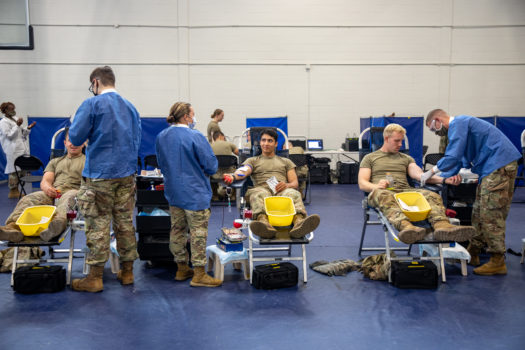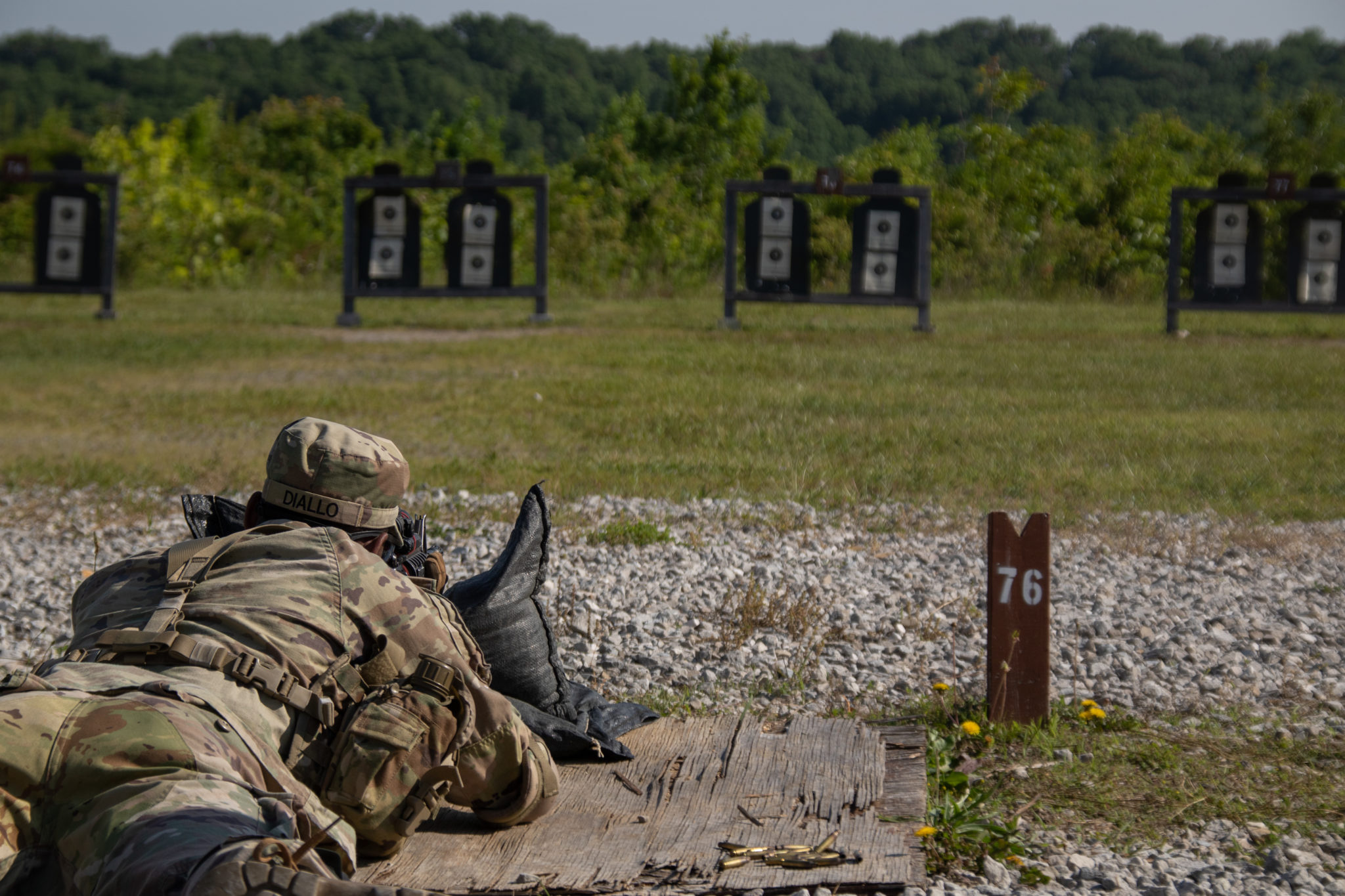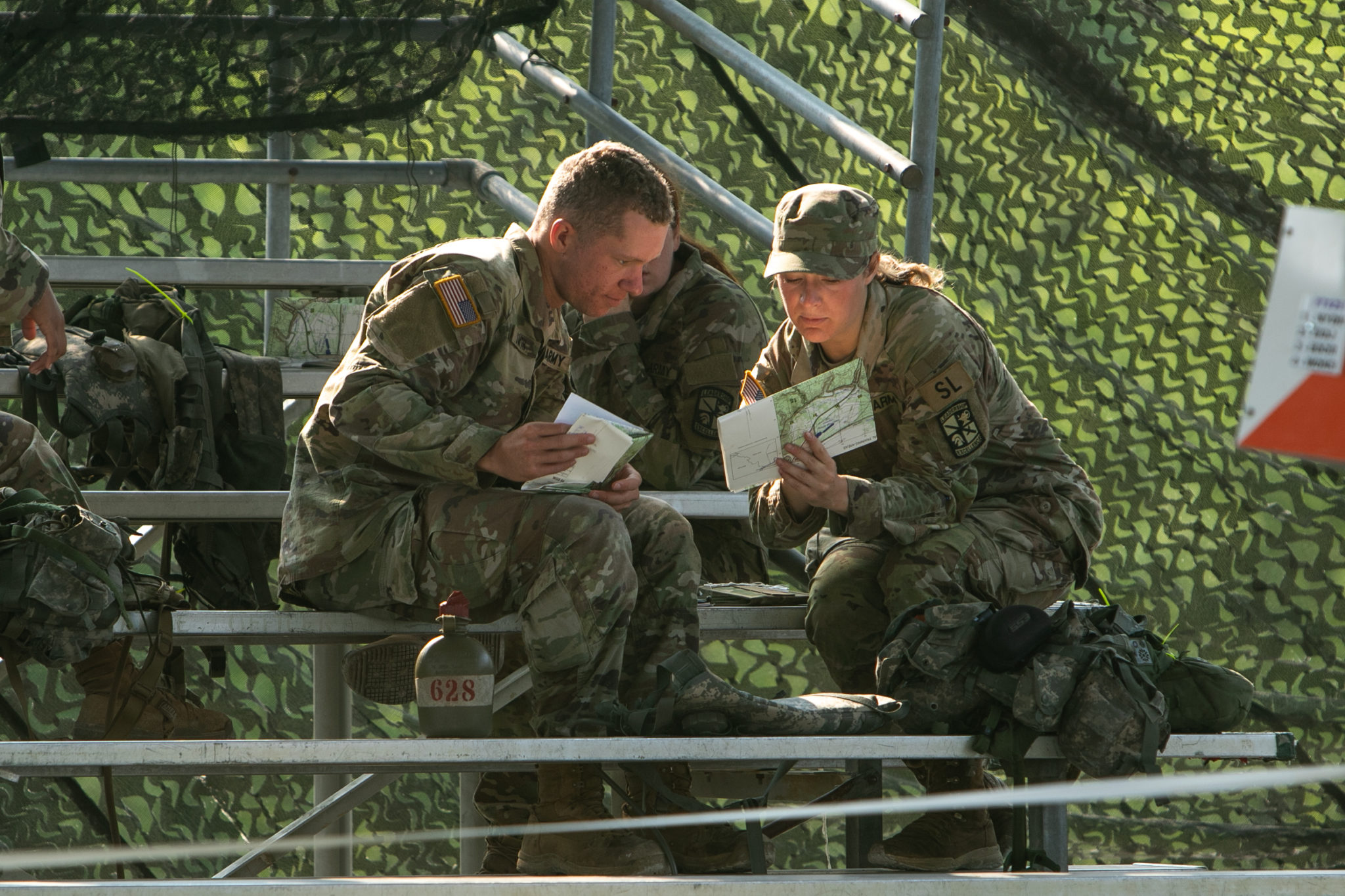“Without the support of commands like Cadet Summer Training here at Fort Knox, we don’t have the blood that we need and we find that here,” Navy Capt. Leslie Riggs, the Division Chief for the Armed Services Blood Program said.
Riggs became devoted to the program after discovering the challenge of continuing the blood supply.
“I want to ensure that our military members that go down range come back,” Riggs said. “They are given the best possible opportunity if they’re injured, that they get the ability to come back to their families.”
Cadet William Koleszar from Liberty University saw the importance of donating blood after his grandfather passed away a couple months ago.
“Before he died, he had to get two bags of blood and a blood transfusion every two weeks and there was always a shortage and after that, I was like, you know what, if I can donate, why not donate,” Koleszar said.

While the blood donation process was not mandatory, several Cadets volunteered to donate.
“As every year, the cadet response this year has been phenomenal,” Riggs said. “I attribute that to the individuals that are wanting to donate as well as the leadership here, you know, encouraging them to donate and again allowing us to come in and hold a blood drive during their training schedules.”
The Armed Services Blood Program believed each donor should have a positive experience when donating blood.
“We want the donor to feel comfortable,” Riggs said. “We want to make sure that it’s a great process. It’s a good experience for them so that they want to come back and they want to donate.”
As someone who had donated blood twice, Koleszar advised Cadets that were nervous to not overthink the process.
“It’s not that bad,” Koleszar said. “It’s just like a little pinch. It’s over soon. The people are friendly. They talk to you. They make you comfortable and you get some snacks at the end, so don’t think too much about it.”
Riggs said he has witnessed several lives saved by donated blood.
“You name it, we’ve used it,” Riggs said. “Gunshot wounds, motor vehicle accidents, we’ve saved many patients.”




